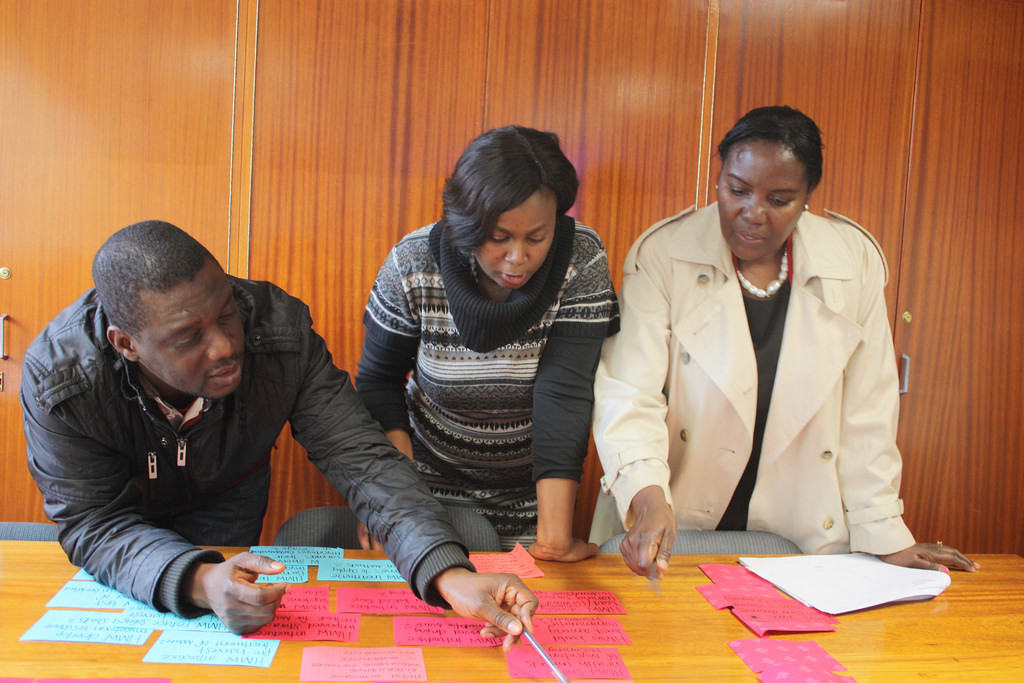How might we help funders and decision makers assess the potential for innovation to deliver impact on a challenge they seek to solve?
A New Toolset for Assessing Innovation Impact Potential Within Systems
Challenge
It seems there isn’t a day that goes by without news of a groundbreaking innovation poised to change the way we connect, access information, or even explore worlds beyond our own. Rare, though, are the days when we hear of breakthroughs that transform how societies feed their hungry populations or ensure resilience amid an ever-changing climate. As a global community, we wield increasingly sophisticated tools for understanding the nature of our complex development challenges. We know how to pinpoint breakdowns and identify root causes. But we aren’t as good at identifying and assessing which emerging solutions are poised to deliver outsized impact on tough development challenges. Despite our best efforts, we often end up tinkering on the margins of these entrenched issues. Donors were one of the first groups to realize: we need a better way to weigh our intervention options such that we can ensure maximum impact per investment.
Solution
Assessing the potential for innovation to solve a given problem is no easy task. That’s because it requires grappling with the challenge we seek to solve, the innovations we use to solve it, and the systems in which those challenges and innovative solutions live — all at the same time. GKI partnered with systems of systems engineers at the Georgia Tech Research Institute (GTRI) in a research-intensive process to unpack an important question: what sets of innovative solutions will elicit the most impact on this problem? Our goal was to create a toolset to help decision makers build insight and confidence as they weigh their possible options.
One of the purposes of these systems tools is to figure out what does the system look like, and where are the fixes. These tools let us consider how our partners communicate internally, the knowledge sharing structures. We can inform the way forwards by looking backwards.
– USAID Systems Workshop Participant
The result: an utterly unique approach for future impact analysis saturated in systems approaches. The Rockefeller Foundation, who supported this work, piloted the Assessing Innovation Impact Potential (AIIP) toolset internally on two distinct challenges: (1) Emergency Medical Care in Least-Developed Countries, and (2) Economic Exclusion in Cities in High-Income Countries. Currently, GKI is piloting the AIIP toolset through a mechanism that brings innovations in monitoring, evaluation, research, learning into practice across USAID, such as through evaluations of USAID’s healthcare supply chain management programs.
Results / Outcomes
- Drew insights from over 200 sources across 6 fields of study when devising the systems toolkit
- Engaged 50 thoughts leaders in examining existing systems approaches
- Constructed the 9-tool, integrated toolset comprised of both pre-existing tools and tools designed and produced by GKI
- Completed two pilot tests of the toolset with The Rockefeller Foundation
- Started six pilot tests of the toolset with the United States Agency for International Development
- Presented the AIIP toolset to social sector leaders at dozens of organizations and at vetted academic conferences
- Facilitated simulations of the toolset at social sector organizations seeking to adopt a systems mindset
Resources
- GKI’s Systems Methodology – GKI’s approach to applying systems thinking and methods throughout the problem-solving process
- GKI’s Systems Research & Evaluation Capabilities – Overview of GKI’s trainings, resources, and support to boost the application and benefit of systems approaches
- An Introduction to the Assessing Innovation Potential (AIIP) Toolset (PDF) – Assessing Innovation Potential for Social Impact




